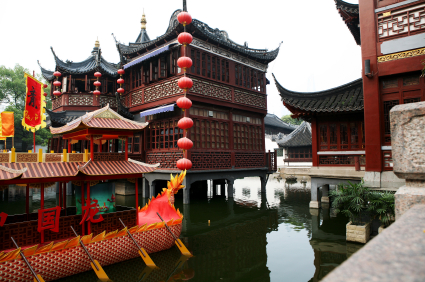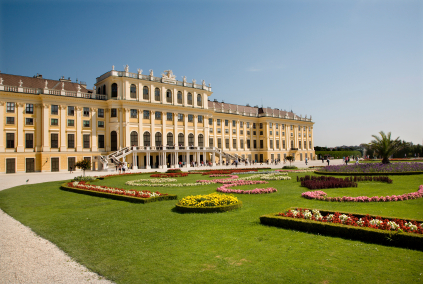The Great Pasta Debate:
Today, when one thinks of pasta, one almost always thinks of Italy. Italian cuisine is serious business for gastronomy enthusiasts around the world and many of its fans would agree that the country has perfected the art of all things pasta related. Stories have long circulated, however, implying that the Chinese are in fact responsible for the creation of this culinary delight. Scholars can't seem to agree whether or not the origin of Chinese noodles, dating as far back as the Han Dynasty in China, can rightfully be regarded as the origins of the pasta that we know and love today. While these two countries battle it out for bragging rights, our travel experts agree -- a bit of homemade tortellini from Bologna and a beef noodle bowl from Shanghai both make our mouths water.

French/Freedom/Belgian Fries:
Before a group of some Americans tried to make them Freedom fries, they were called French fries, but what some don't know is that even longer before that, they were Flemish fries. Many believe that the term "French fries" came to fruition during World War I after a group of American soldiers tried the delightful, fatty snack while in Belgium where one of the official languages is in fact French. A visit to modern day Belgium will confirm this dish's popularity in the region as establishments called "Friteries" can be found in nearly all of the most popular areas in the country. These quick snack spots often serve fries with a plethora of sauces, the most popular being ketchup, mayo, or a mix of the two. If you're a die-hard french fry fan, plan your next trip for Antwerp, Belgium, where some of some of the oldest known friteries were established.
Mocha-frappa-latté-ccino:
A trip to many parts of Western Europe will prove that coffee is as much a part of the day-to-day routine in these nations as the language of its people, but do you remember ever being taught about coffee's true origin? The Arabian Peninsula is often credited with the first documented use, cultivation and trade of this modern productivity boost, but its variations of ingredients and preparation is indebted to the French and Italian cultures. Even etymological evolution has brought the word café, the exact word meaning "coffee" in French, to mean a place where you can get a good coffee in the States. Ask where the "café" is in Paris and you'll be asking for the product, not the place.

A Far Cry from Pillsbury Crescents:
It's true that the croissant can be found at almost any bakery in France, but did you know that these buttery, flaky pastries are actually of Austrian descent? Austrian artillery officer August Zang is credited with creating the first true croissant in the image of his birth nation's traditional pastry, the Kipfel. With the creation of the croissant came the openings of bakeries called "viennoiserie," saluting the pastry talents of Vienna. Today, these pastry shops are a staple in France, offering up a whole lot more than just croissants. We think you'll agree with us when we say that we're forever grateful to Mr. Zang for paving the way for so many delicious creations. Pain au chocolat, anyone?

From Ancient Times to the Big Apple:
It's no secret that some of the best-tasting cheesecakes are served up New York style, but ultimately America can't take credit for this rich and delicate dessert. Cheesecake has certainly stood the test of time with accounts of its creation circulating in Ancient Greece since before the rise of Rome. As opposed to the modern-day Philadelphia cream cheese recipe that Americans know and love today, traditional Grecian cheesecake is made with a goat's milk cheese called mizithra that is most often made on the island of Crete. After the development of traditional American cream cheese by William Lawrence in New York circa 1872, this Greek-born dessert was repopularized and changed forever. Today, Americans continue to show their love and allegiance to cheesecake by celebrating our own unofficial holiday, "National Cheesecake Day" on July 30.